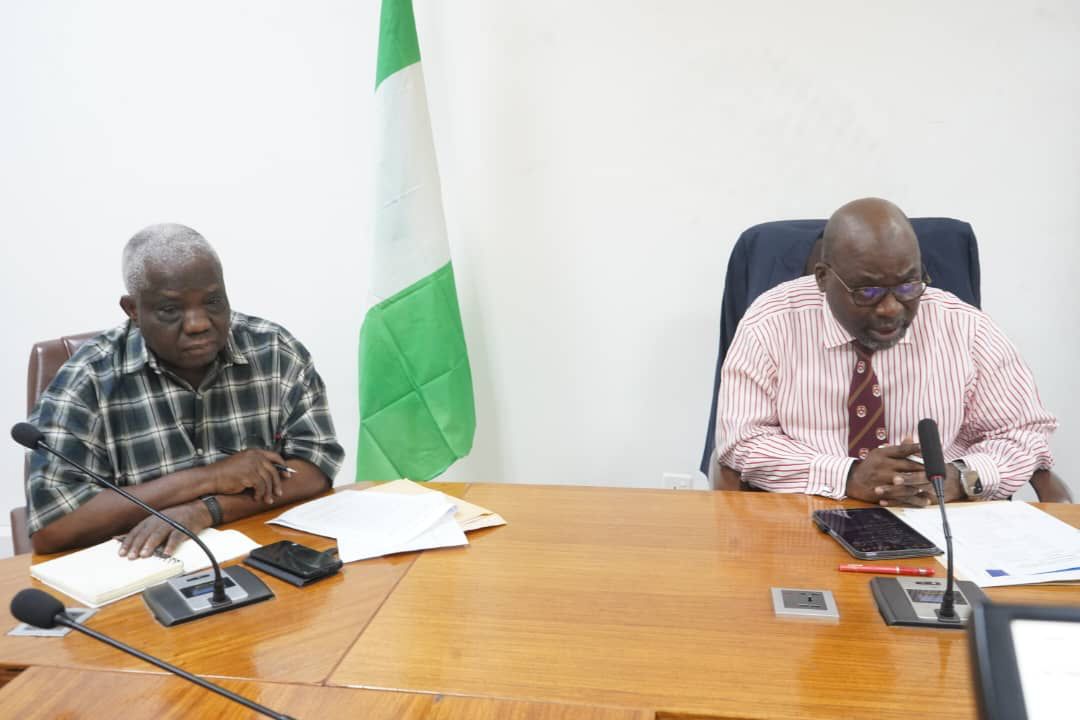The Independent Corrupt Practices and Other Related Offences Commission (ICPC) and the Institute of Democracy and Electoral Assistance (IDEA) recently held a meeting to finalise priorities for Phase 2 of the Rule of Law and Anti-Corruption in Nigeria (RoLAC) partners’ programme.
The Consultant of IDEA, Prof. Etannibi Alemika, disclosed that the meeting was a follow-up to Phase 1 of the project, which had the same objectives – to seek to strengthen anti-corruption laws, improve engagement with Civil Society Organisations (CSOs) and collaboration amongst Anti-Corruption Agencies (ACAs).
Prof. Alemika added that the intention to support the implementation of anti-corruption measures in ACAs is with a view to strengthening prevention, asset management as well as procurement procedures over the 5-year period of the project.
Responding the ICPC Chairman, Prof. Bolaji Owasanoye, SAN, OFR expressed his gratitude to IDEA and RoLAC for the support received during Phase 1 of the project and thereafter, invited the Secretary to the Commission, Prof. Musa Usman Abubakar, and the Directors to present areas for intervention and support in phase II.
The areas mentioned include support for the development of a new Strategic Action Plan 2024-2028, enhancing the Electronic Data Management System (EDMS) as well as tackling virtual money laundering and corruption in cryptocurrency.
Other priority areas suggested included capacity building for ICPC officers in data analysis, procurement, asset recovery and management, as well as external training for members of Anti-Corruption and Transparency Units (ACTUs) of MDAs and National Anti-Corruption Coalition (NACC), and sensitization sessions for MDAs and the general public on the Ethics and Integrity Compliance Scorecard (EICS), National Ethics and Integrity Policy (NEIP) and Constituency and Executive Projects Tracking Initiative (CEPTI).
It would be recalled that RoLAC had in Phase 1, engaged with ACAs to produce intervention documents and knowledge products including case studies and how-to guides on Tackling Sexual and Gender-Based Violence, Strengthening the Administration of Criminal Justice and Strengthening Civil Society Engagement in Criminal Justice Reform.

